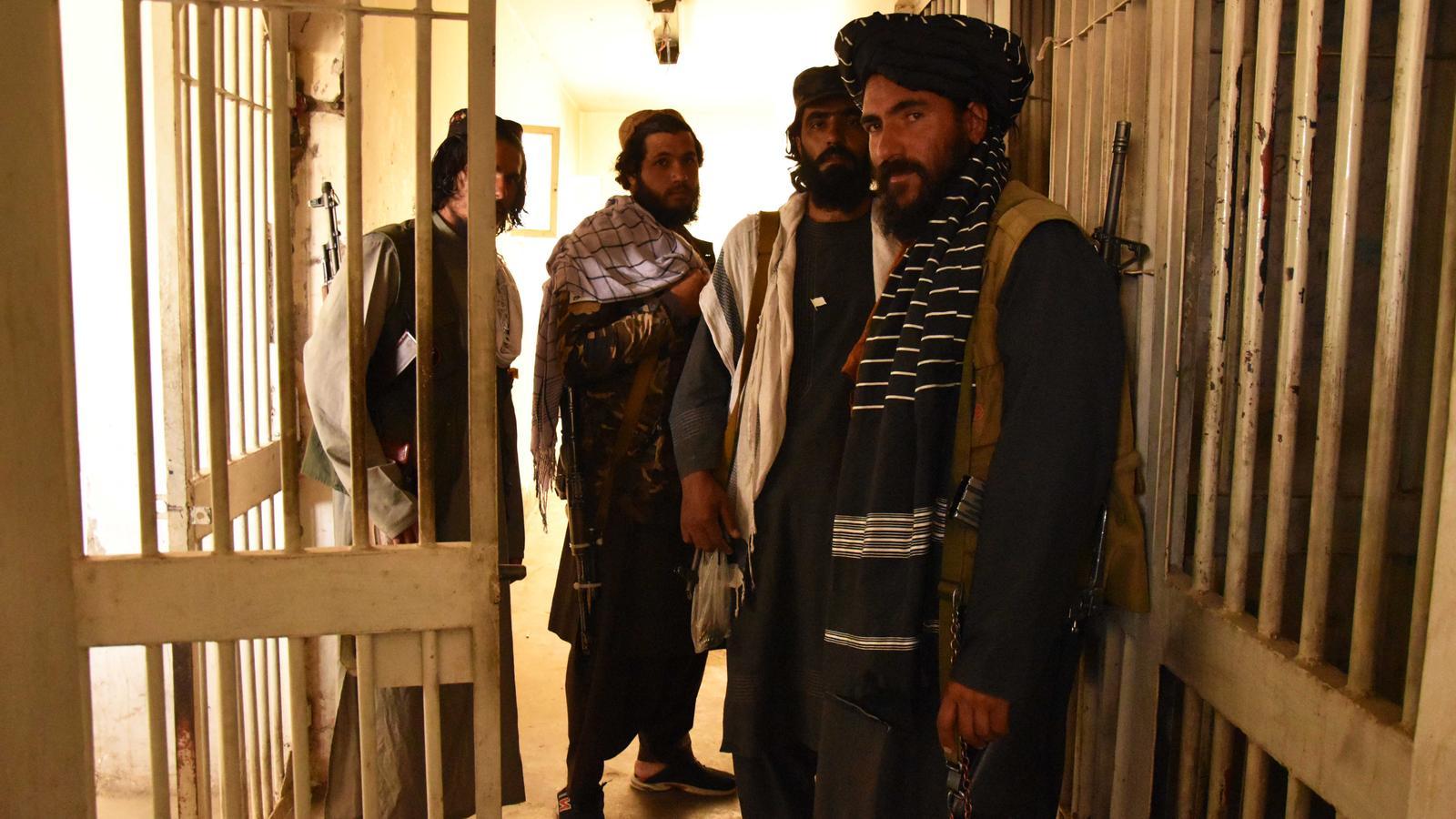No country offers asylum to 82 Afghan women judges persecuted by the Taliban
The women plead for help to leave the country


BarcelonaUnder the previous Afghan government, she already received threats. It was the price to pay for being a woman and a judge in a country where men always have the last word. Now that the Taliban are in power, she is afraid of being murdered because many of those against whom she ruled have been released from jail. When the Taliban came to power in August, they threw open prison doors and released all the inmates. That is why she prefers to remain anonymous. Like her, there are another 82 women judges in Afghanistan. Surprisingly, no country took care of their evacuation after the Taliban came to power. Now they are begging for help to leave the country by any means necessary.
On the phone, she sounds desperate. She says the first thing she did when the Taliban occupied Kabul was to get her daughter married. The girl is 24 and she was afraid that they would take her away and marry her to one of them as revenge. She also explains that she ran away from home. She could not stay there for the Taliban to find her. Now she and her family live with friends. Apart from a daughter, she also has a 14-year-old son and a 22-year-old son.
Her husband used to work in the Ministry of Justice, but, since the Taliban took control of the government, he has not returned to his place of employment. Being the husband of a judge in Afghanistan is not the best calling card. He fears reprisals. His 14-year-old son has also dropped out of school. "He was going to a private school because the public ones were not safe for someone whose mother is a judge," she explains. But now they have no money to pay for a private school. She doesn't work, neither does her husband. During all these months they have survived by selling the furniture and appliances they had at home.
"This is all my fault," says the judge, who feels responsible for everything her family is suffering. She is 50 years old, has dedicated her whole life to the courts. This is the second time she has experienced such a situation. During the first Taliban regime in the 1990s she already had to flee to Pakistan. Now she has received a notification from the British Foreign Office confirming that the UK would be willing to grant her a visa. The problem is that neither the UK nor any other Western country now has an embassy in Afghanistan. They all closed their embassies when the Taliban came to power. The judge and her family would have to go to Pakistan to do all the paperwork, but for that they need a Pakistani visa, and they have no money to pay for it. It is only possible to get it on the black market and its price is astronomical: 500 dollars.
In fact, the United Kingdom has expressed its willingness to grant international protection to around 30 of the 82 judges awaiting departure in Afghanistan, if they can first obtain a visa to reach Pakistan. This is the result of the work of Marzia Babakarkhail, who was also a judge in Afghanistan and has been living in asylum in Manchester since 2008 after the Taliban tried to kill her. That is why she is moving heaven and earth to leave no one behind. Among other initiatives, she has launched a petition which has already been signed by over 53,000 people. "Judges in Afghanistan now have three enemies: the Taliban, the prisoners they sentenced and even their own family," she says. "It is very different to have a car, money and power, than to have nothing," she continues. All these women have now fallen from grace.
Babakarkhail's name has been mentioned several times in the British Parliament. Weeks ago, Scottish National Party MP Joanna Cherry asked Secretary of State Victoria Atkins in the chamber to devote some of her time to finding a way out for Afghan women judges.
"We won't sadly be able to help every Afghan judge, but if we can signpost them to other countries who may be able to help, we are of course very pleased and happy to do so," was the secretary of state's response. European countries have received six million Ukrainian refugees over the past few months, but so far none have been willing to take in a few dozen Afghan female judges.
